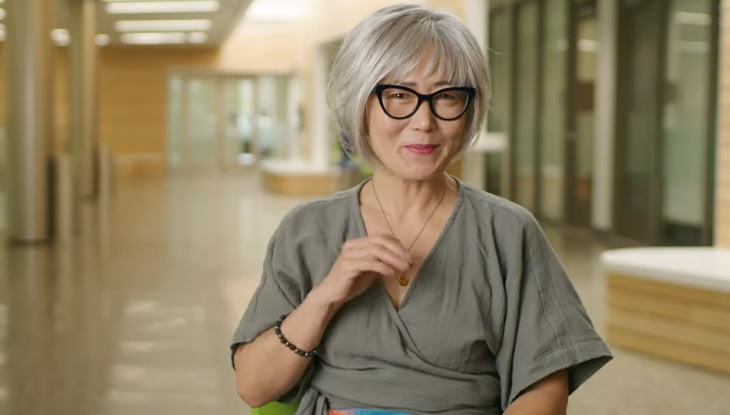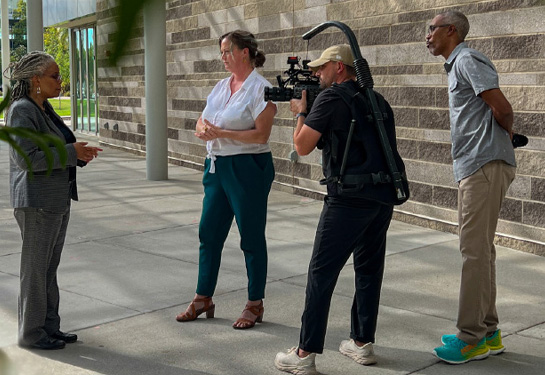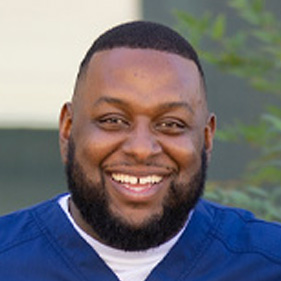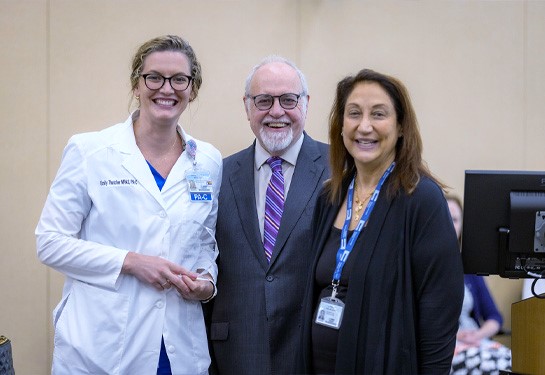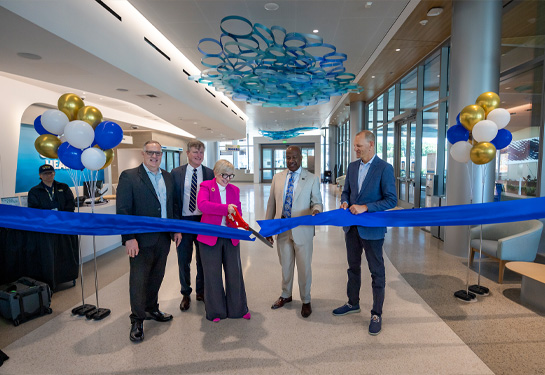Documentary highlights how UC Davis nursing school creates equity-minded nurses
“Everybody's Work” includes personal stories about nurses who advance diversity on the job and in the community
Rejecting structural racism is everybody’s work. That’s the perspective of a new documentary exploring racism in the health care industry and, especially, through the lens of its largest workforce — nurses.
“Everybody’s Work: Healing what hurts us all,” which was shown at a private screening recently in Washington, D.C., reveals racism’s harmful effects on patients and nurses alike. The film was funded by the Robert Wood Johnson Foundation (RWJF), one of the nation’s largest health care foundations.
The filmmakers chose to focus on the Betty Irene Moore School of Nursing at UC Davis and UC Davis Health because of their national reputation for advancing diversity, equity and inclusion (DEI) through nursing education and employment.
“The Betty Irene Moore School of Nursing and UC Davis Health are nationally recognized for their tangible efforts and financial investments to equip the teaching and clinical workforce to deliver equitable care,” said Jann Murray-García, professor emeritus at the School of Nursing. “These programs take strong leadership at the highest levels of the school. The film also highlights the unique work of our diverse set of alumni who continue to serve our institutional and regional community.”
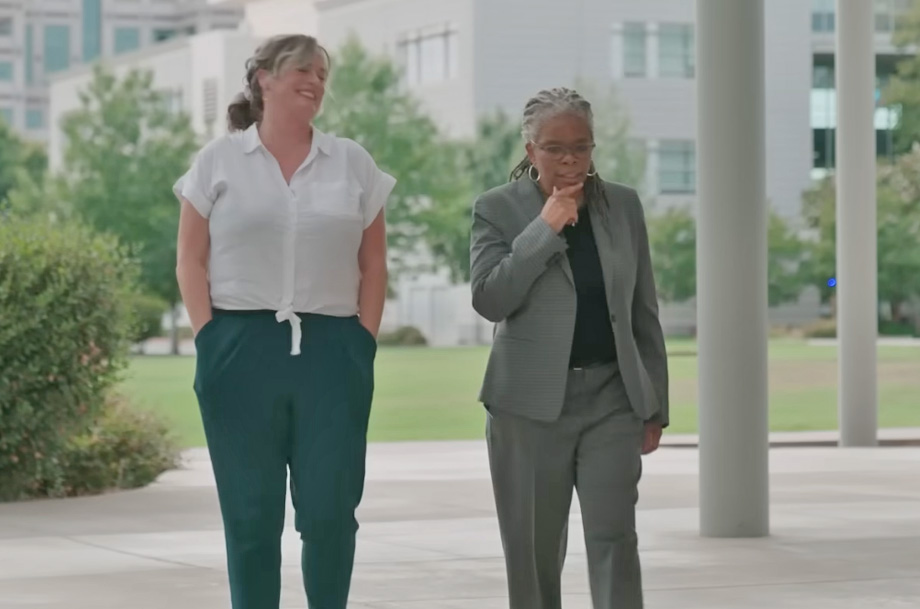
Murray-García, a physician, has spent her career as a social activist promoting cultural humility, combatting social inequities and teaching on the social determinants of health. These determinants are the non-medical factors that affect one’s health, such as economic stability, access to quality education and neighborhood environment.
In the film she discusses narratives that persist in education and health care today. What she calls “scripts” are stories that perpetrate biased views and subconscious and conscious actions toward people of color. She, along with nurses, students, alumni and faculty, illustrate what’s being done to dismantle barriers to health equity and combat racial bias.

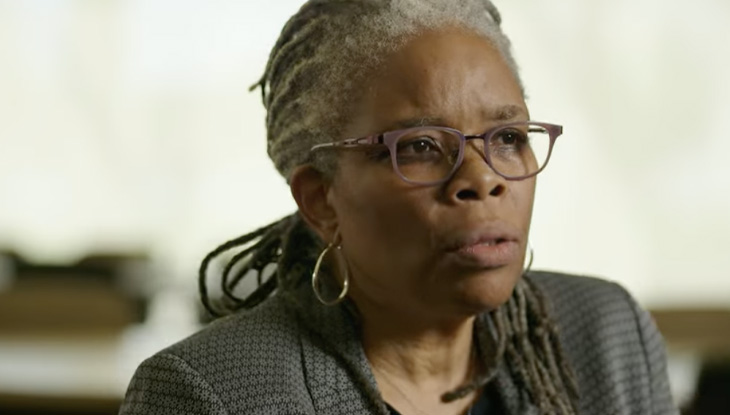
“Through their own experiences working and living in these systems, the nurses featured in ‘Everybody’s Work’ share not only what it will take to create change but who it will take. And we all need to take action,” said Beth Toner, RWJF’s director of program communications.
Personal stories behind the numbers
The United States has more than 4 million registered nurses (R.N.s) and nearly 1 million licensed practical and vocational nurses. A 2023 survey by the RWJF examined nurses’ experiences and perceptions of racism and discrimination in both health care settings and nursing schools. It found that nearly eight in 10 nurses have experienced or seen racism from patients or co-workers.
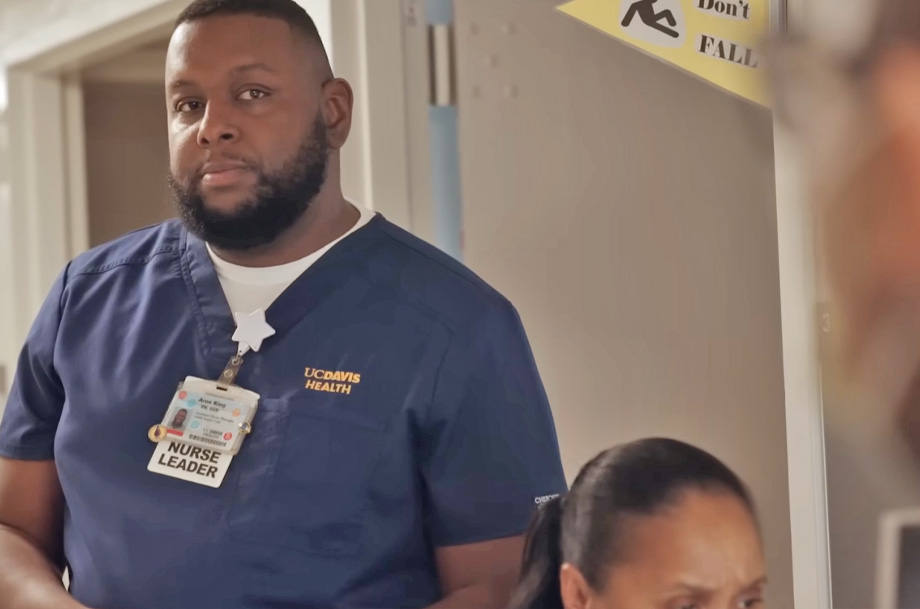
Based on nursing data and experiences, “Everybody's Work” delves into the intricate issue of structural racism in nursing by focusing on personal narratives. Through the voices of nurses, educators, leaders and advocates nationwide, the documentary sheds light on their efforts amid challenges.
“If we focus on storytelling that embraces shared values, highlight stories where people see reflections of themselves and lead with grace,” explained Chad Tingle, the film’s director, “we can build a broader coalition of anti-racist nurses.”
One of those stories highlights Aron King, an assistant nurse manager at UC Davis Medical Center and second-year Doctor of Philosophy student at the Betty Irene Moore School of Nursing at UC Davis. He is among the 12% of men in nursing and fewer than 1% of Black male nurses in the nation.
As a Black nurse, I have taken a collaborative impact approach to diversifying the nursing workforce. I’m demonstrating what can be done beyond the bedside.—Aron King, UC Davis Health registered nurse
“It was super cool knowing that they somehow found the things that I was doing valuable enough to be put in the documentary,” recalled King, who was interviewed for an hour. “It was exciting seeing my colleagues on screen and having my story and perspective shared to a captive audience. As a Black nurse, I have taken a collaborative impact approach to diversifying the nursing workforce. I’m demonstrating what can be done beyond the bedside.”
King attended the film’s screening in Washington, with Murray-García. In the film, he discussed how it wasn’t he attended the School of Nursing for its master’s-degree leadership program in 2017, that he learned about social determinants of health, how race impacts outcomes and the disparities seen in certain communities.

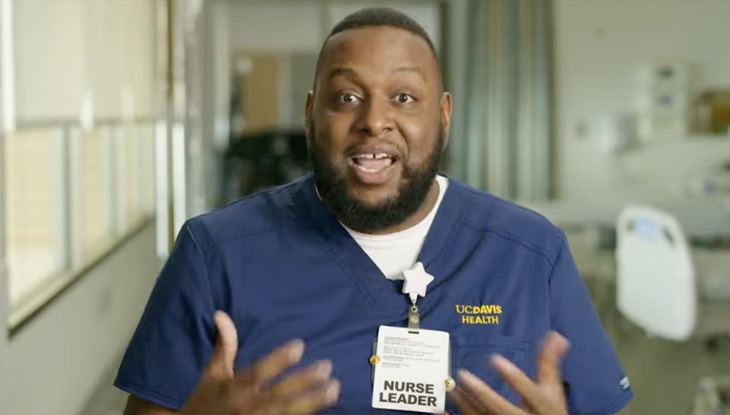
Tonja Copeland was drawn to the School of Nursing because of its focus on a diverse student body. Having already been a Licensed Vocational Nurse for 23 years, and her wealth of personal experience, including hardship, made her an even more attractive candidate for the Master’s Entry Program in Nursing, which she completed in December. Now an R.N., Copeland never imagined she would end up on the big screen. But that’s exactly what happened: She shares her journey and serves as a role model for other Black girls and women who may not see themselves in a health care profession.
“I tried to be a voice for all generations to never give up your dreams to be a nurse — no matter the challenge — because there is a way. I hope that by taking part in this documentary that I can help pave the way for equal care, equal recognition and proper patient-center care,” explained Copeland.

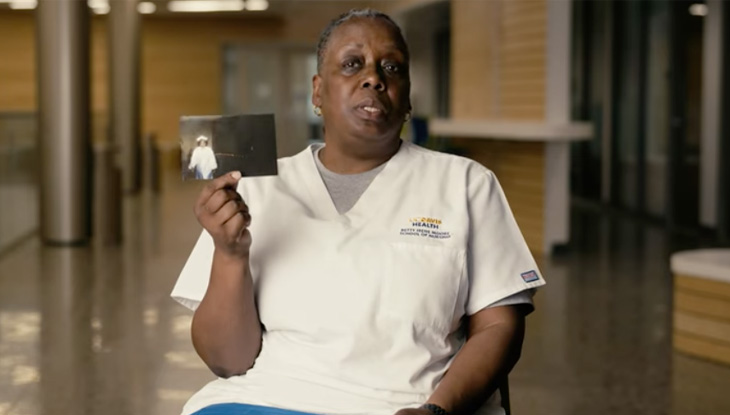
Continual engagement for patients and students
The film questions the idea that racism only exists if personally encountered. It encourages viewers to understand how racism keeps all people from benefitting from the talents and contributions of those around them.
“It should go without saying that the several dozen or so faculty, staff and administrators employed specifically to lead equity efforts at UC Davis Health cannot possibly do this work without the meaningful engagement of each one of us,” Murray-García explained after the film. “Everybody who represents our health system must continually engage with our fellow employees in the way we would want to be treated. We must continually provide what each patient or student needs, to the extent we are able, in the way we would treat those most highly prized in our lives.”
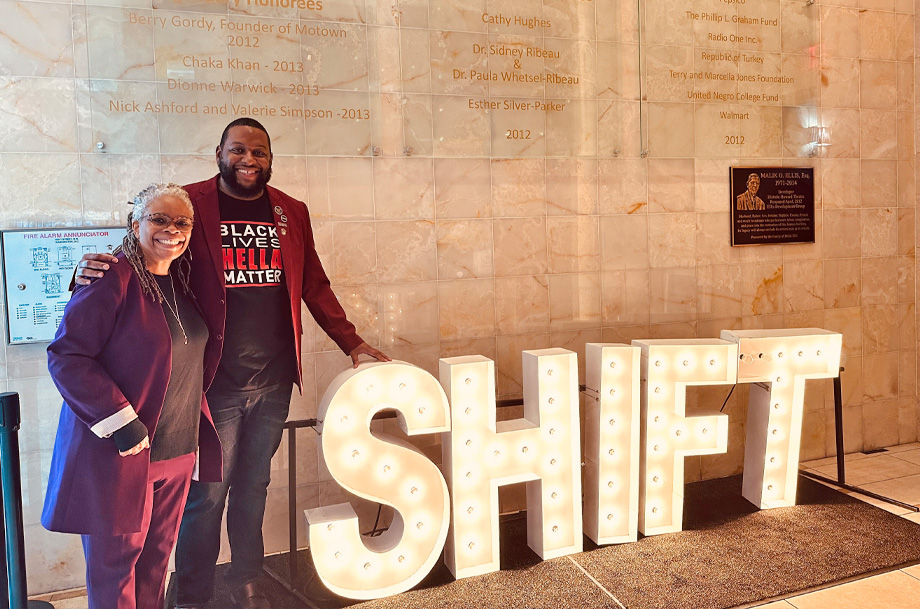
“Everybody’s Work” is the second documentary from SHIFT Nursing, an online community for nurses that launched in 2020 with a podcast and has evolved to include a variety of storytelling mediums.
The School of Nursing plans to host a Sacramento screening of the film on Aug. 22. For more information on the film and locations, visit the documentary’s website.

